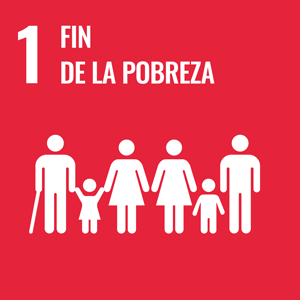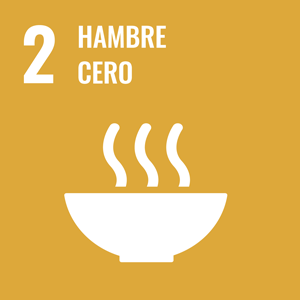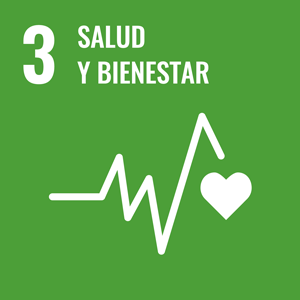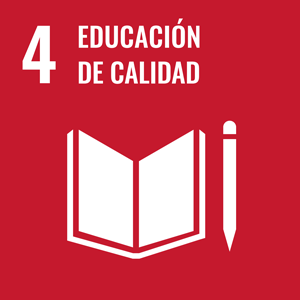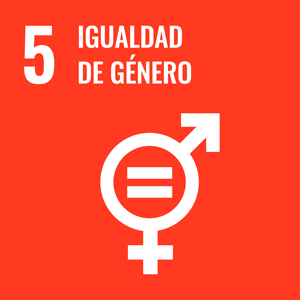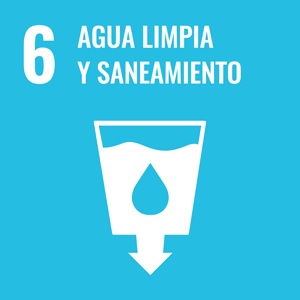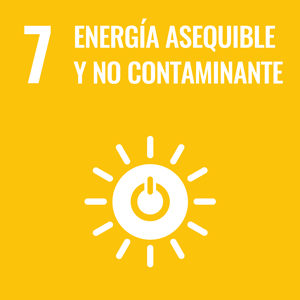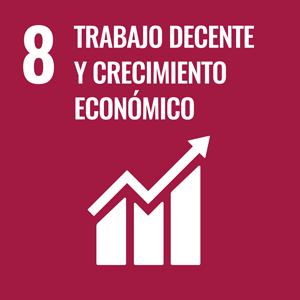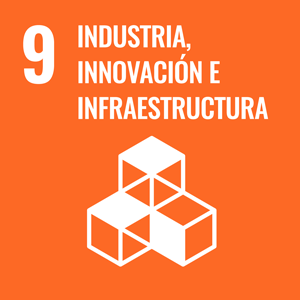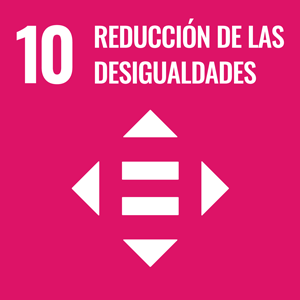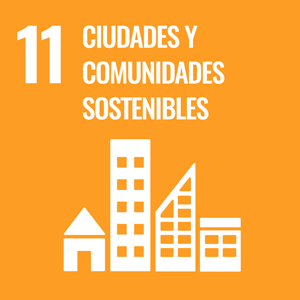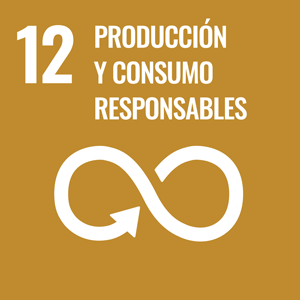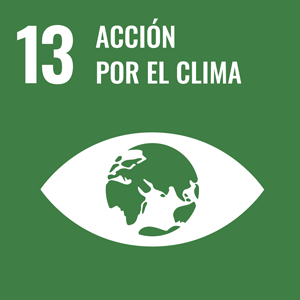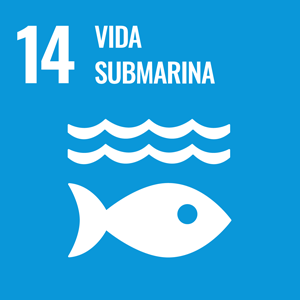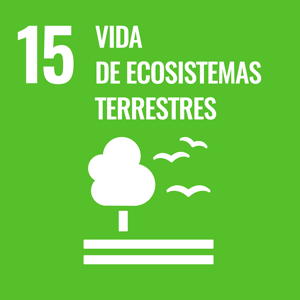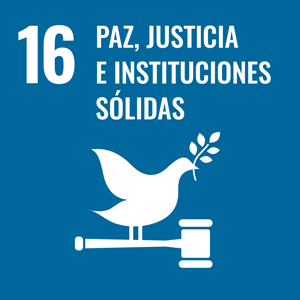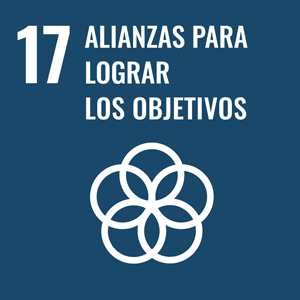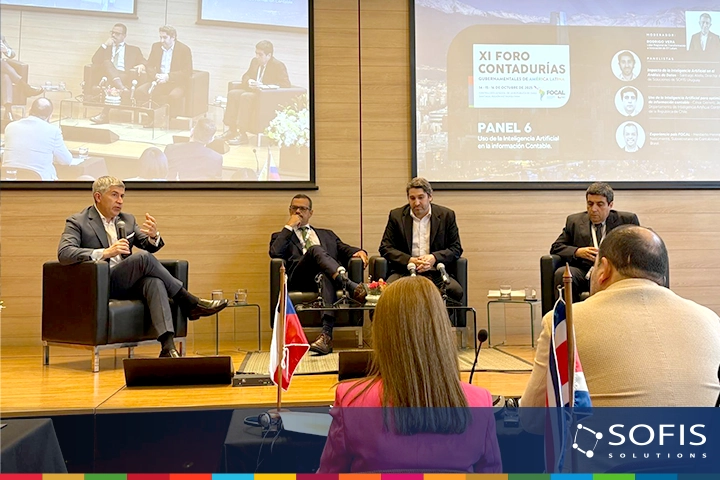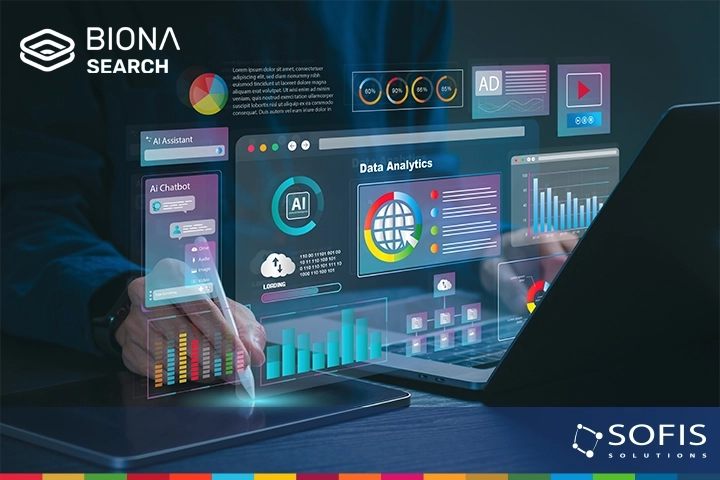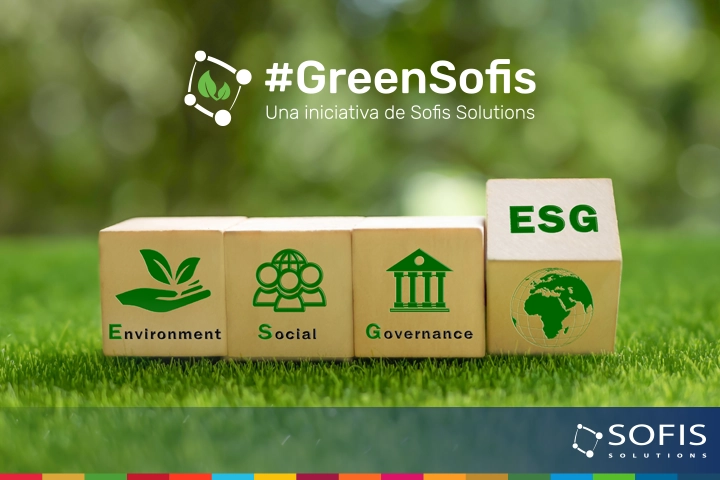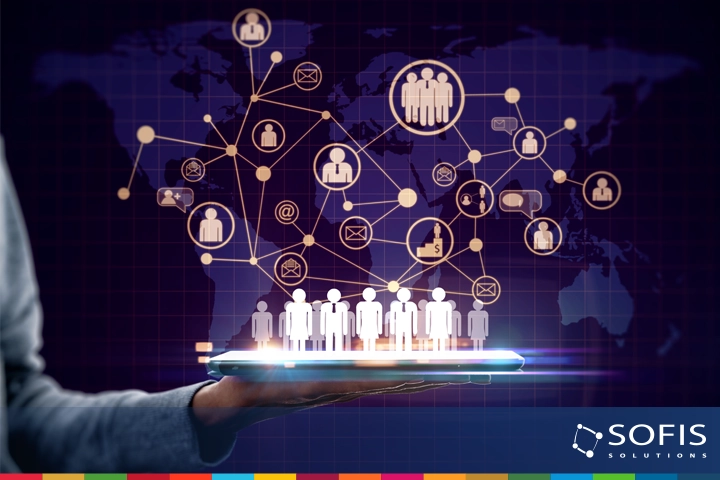-
Who we are
-
-
StrategyMission
To solve the challenges of organizations and communities through intelligent, secure, sustainable, and people-centered solutions, so they generate real value in their social and productive contexts.
VisionTo be the chosen company by organizations seeking to innovate with quality, purpose, and trust in the intelligent era.
Learn moreValues- Ethics and transparency
- Professionalism
- Respect
- Honesty
- Innovation
- Responsibility
- Effectiveness
- Integrity
- Customer orientation
- Punctuality
-
-
-
History
Sofis Solutions was born in 2005, in the city of Montevideo - Uruguay.
Since its inception, the main driver was and remains quality. This applies to processes, products, and relationships with the environment.The internationalization of the company It was one of the founding objectives. In the first stage, it expanded from Uruguay, and in the second stage, it opened offices in Latin American countries. Currently, it has offices in Montevideo, Panama, El Salvador and Ecuador.
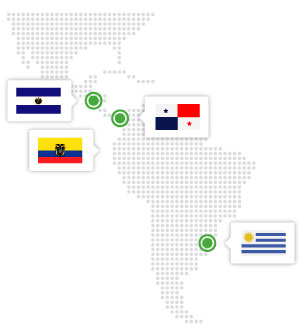
-
-
-
Alliances

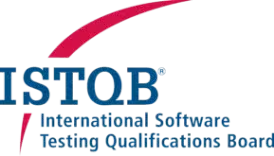



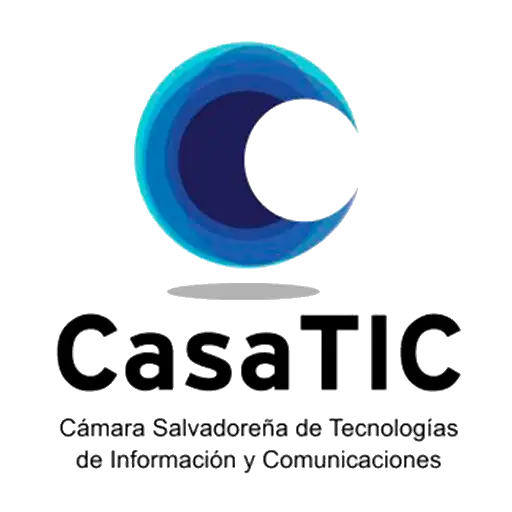
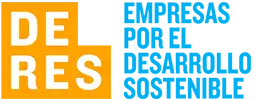

-
-
-
Certifications

CMMI-DEV-3
More informationNational Quality Award - 2023 Edition
More informationISO 9001:2015
Quality Management SystemISO 37001:2016
Anti-Bribery Management SystemISO 14001:2015
Environmental Management System
-
-
-
SustainabilityLearn more
Sofis Solutions integrates environmental, social, and governance (ESG) principles into its management and operations, driving sustainability through Digital Transformation. Its strategic approach prioritizes energy efficiency, digital inclusion, and transparency in digital governance, contributing to the responsible development of organizations.
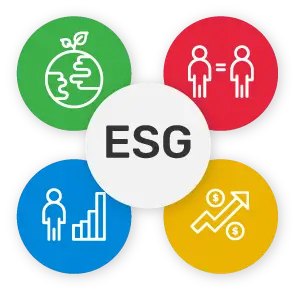
-
-
-
What we do
-
-
IT projectsLearn moreAt our Software Factory, we specialize in providing software development solutions with a focus on excellence and sustainability.
-
-
-
Software qualityOur software quality services comprehensively address the aspects or dimensions of software quality, addressing this approach throughout the entire software development cycle.
- Manual and automated functional suitability testing
- Performance testing
- Software product quality
- Software quality consulting
Learn more
-
-
-
Staff AugmentationLearn moreWhat is IT Staff Augmentation? IT Staff Augmentation is a specialized technical staffing model that enables organizations to increase their agility and respond to the changing technological needs of the market.
-
-
-
ConsultancyIn the public sector, strategic decisions and projects with citizen-centered designs and excellence have the power to transform entire communities.Learn more
-
-
-
BIonA SuiteBIonA Suite is a comprehensive platform for the intelligent management of processes and services in public and private organizations. BIonA Suite facilitates smart transformation with a focus on public value and user experience. Learn more
-
-
-
Projects
-
-
Recent projects
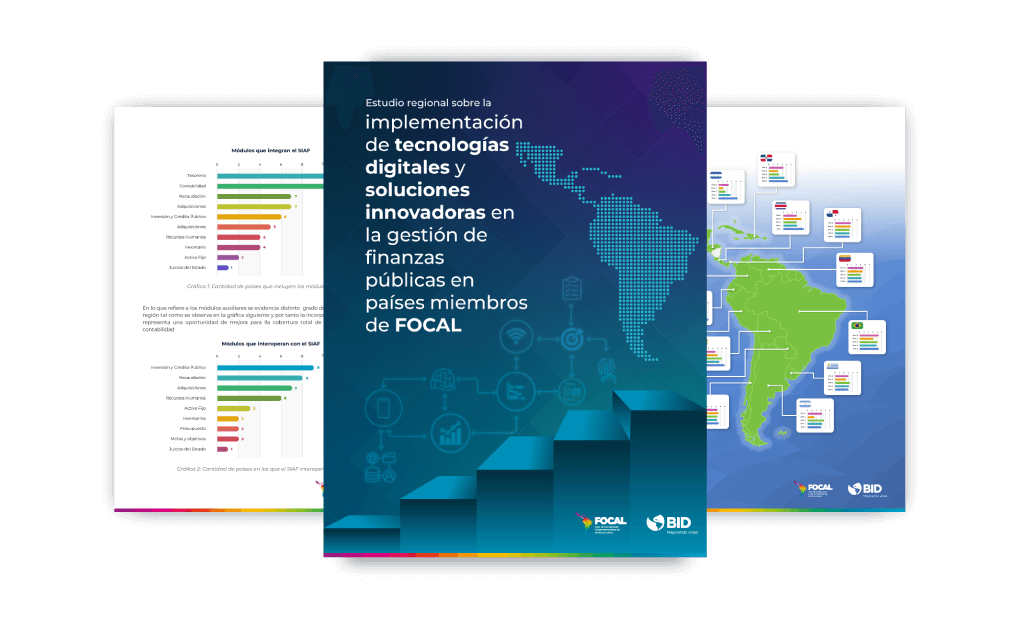 FOCAL Regional StudyFOCAL - El Salvador
FOCAL Regional StudyFOCAL - El Salvador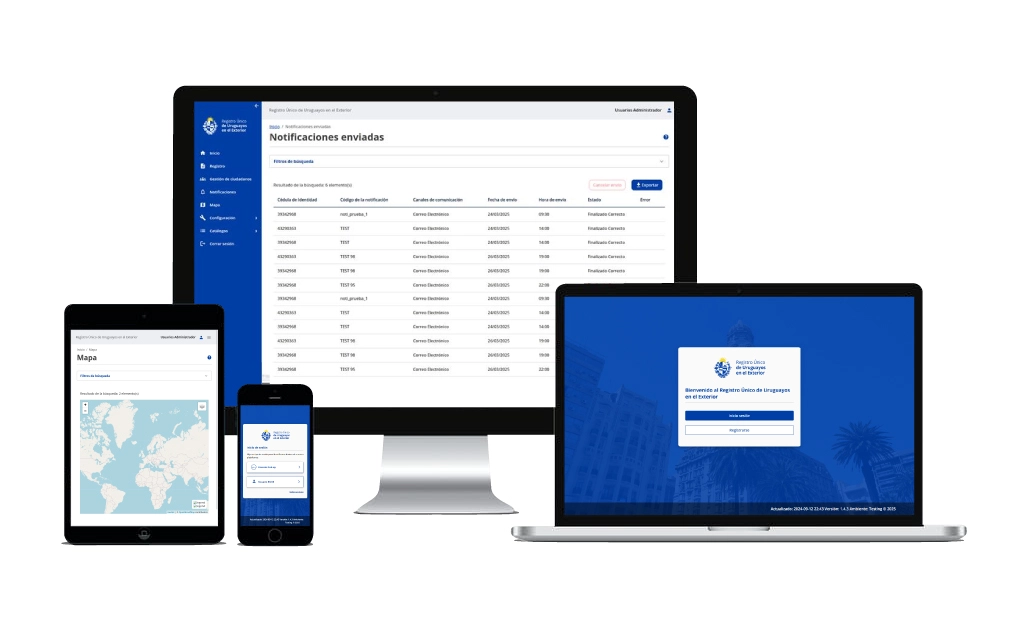 Single Registry of Uruguayans AbroadMinistry of Foreign Affairs - Uruguay
Single Registry of Uruguayans AbroadMinistry of Foreign Affairs - Uruguay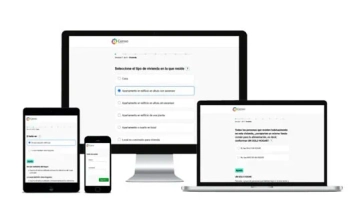 Population and Housing Census 2023National Institute of Statistics - Uruguay
Population and Housing Census 2023National Institute of Statistics - Uruguay
-
-
-
Digital Public InfrastructureWhat are Digital Public Platforms?ProjectsProducts
-
-
-
-
Mobile applicationsWe create hybrid, native, and PWA solutions for devices with Android and iOS operating systems.
Some of our projects:Digital Patrols, Ecuadorian Bovine Information System, Easy Budget UY, Digital Portfolio, SIGES Teachers App, SIGES Parents App.
Learn more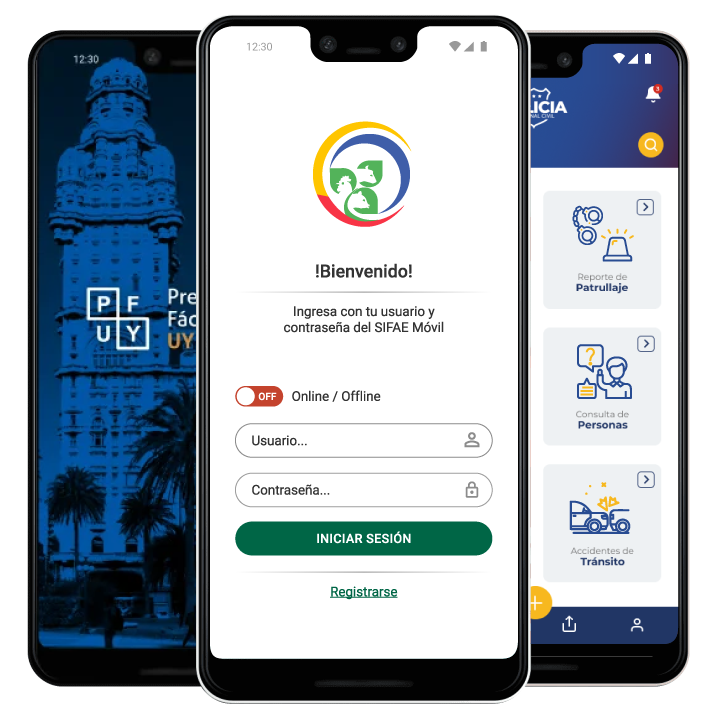
-
-
-
FOCAL regional studyThe purpose of the study was to carry out a regional analysis with the objective of identifying and evaluating the maturity level of the member countries of the Latin American Government Accounting Forum (FOCAL), currently composed of Argentina, Bolivia, Brazil, Chile, Colombia, Costa Rica, Ecuador, El Salvador, Guatemala, Honduras, Mexico, Nicaragua, Panama, Paraguay, Peru, Dominican Republic, Uruguay and Venezuela.Learn more
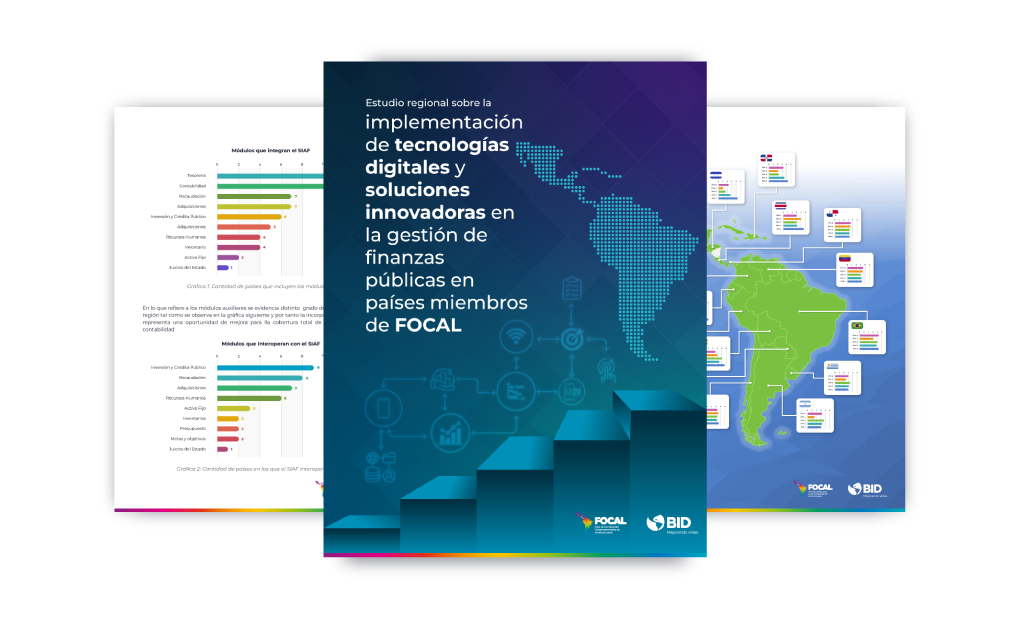
-
-
- AI
-
-
Artificial IntelligenceLearn moreAdvanced Artificial Intelligence (AI) and Big Data solutions that transform the way organizations make decisions and optimize their operations. We specialize in the development of intelligent autonomous agents and generative AI solutions using large language models (LLMs), both on local infrastructure and in the cloud.
-
- Press Room
-
-
Sustainable development
-
-
-
Interviews
 16/06/2025Virtual Threads in Java
16/06/2025Virtual Threads in Java
-
- Innovation
-
-
#GreenSofisMore information
Methodology
#GreenSofisSustainable Digital Transformation Conference
#GreenPath
-
-
-
AI For Everything
It is an initiative by Sofis Solutions, from the Intelligent Solutions Division, that promotes the adoption of artificial intelligence as a key driver of efficiency and effectiveness in the intelligent era.
It integrates both administrative and operational processes, promoting an organizational evolution where technology amplifies knowledge, optimizes decision-making, and generates value in a sustainable and inclusive way.
More information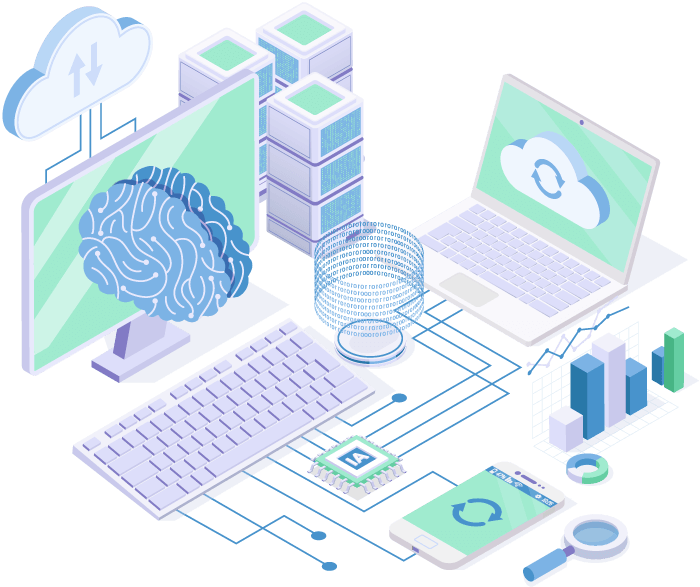
-
- Contact us
- ES PT-PT
-

January 24: International Day of Education
Montevideo, January 22, 2021.
The right to education is fundamental and influential for the progress and development of individuals and societies worldwide, as established in Article 26 of the Universal Declaration of Human Rights proclaimed by the United Nations General Assembly. Therefore, it is essential for governments and states to continue generating resources and implementing digital tools in support of this sector, contributing to the teaching-learning process to improve the quality of educational management and thereby build sustainable and resilient societies.
On January 24, we celebrate the International Day of Education, designated by the United Nations General Assembly to raise global awareness about the crucial role that education plays in achieving peace, development, and the Sustainable Development Goals (SDGs), specifically Goal 4: Quality Education.
"We must do much more to advance the achievement of Sustainable Development Goal 4, which seeks to ensure inclusive and equitable quality education and promote lifelong learning opportunities for all," says António Guterres, Secretary-General of the United Nations.
Since 2020, education has been significantly impacted due to the COVID-19 pandemic, which led to the temporary closure of educational institutions (including schools, universities, and other centers of learning) in most countries worldwide. In-person classes were suspended at all educational levels to prevent the spread of the virus and mitigate its impact. The disruption also affected teachers and school staff, who had to quickly adapt to new pedagogical concepts and ways of delivering instruction using digital tools and resources.
According to UNESCO, by mid-May 2020, more than 1.2 billion students at all levels of education worldwide had stopped attending in-person classes. Of these, over 160 million were students in Latin America and the Caribbean. In addition to disrupting educational paths, school closures affected the nutrition and feeding of students, especially in vulnerable populations.
In response to this context, the UN has designated this year's theme as: "Recover and Revitalize Education for the COVID-19 Generation," emphasizing the need to strengthen education through increased collaboration and international solidarity to place lifelong learning at the heart of recovery.
In this atypical and unexpected situation, Information and Communication Technologies (ICT) have played a crucial role in allowing most children and adolescents to continue their education and complete the school year. For this reason, governments and states must continue creating contingency plans for potential health or natural emergencies by incorporating digital resources and tools for the educational community, with an emphasis on reducing the digital divide.
In this regard, Sofis Solutions has worked on more than 42 projects related to the education sector, including the following:
- Educational Management Information System of El Salvador (SIGES): An information system that centralizes data on students in El Salvador's education system, covering levels from early childhood education to upper secondary education in various modalities: Regular, Flexible, and Family-Community Based. This modern system supports data-driven decision-making for timely planning and implementation of educational programs and projects benefiting children and adolescents in the country.
- Unified Management of Records and Information (GURI): This information system centralizes the database of students and teachers and unifies educational management nationwide. The tool improves student and teacher database quality, facilitates national statistical data collection, and ensures student attendance compliance. As a technological advancement, it reduces time spent on tasks, allowing school staff to focus more on pedagogical activities rather than administrative ones.
- SKILLS Project: This project involved designing, developing, and implementing a digital management platform for Career Counseling as part of the "Education for Children and Youth" project in El Salvador. The solution provides vocational guidance to students through video tutorials (semi-in-person) and scheduled live video calls (in-person).
- Comprehensive Operational Management System (SIGO): This project involved developing and implementing an integrated management solution for Flexible Modalities and Technical Training. It included regulations based on three main components: Academic, Didactic, and Financial. The project was part of the "Education for Children and Youth in El Salvador" initiative. The system generates traditional reports, analytics-based reports, and integrates with SIGES (Educational Management Information System of El Salvador).
- Integrated Training System in Tourism (SIFOTUR): This project involved the design, development, and implementation of software for Technical Training Programs in the Tourism Sector in El Salvador. It supports skills development and increases employment opportunities in tourism-related companies. The platform covers training for four occupational careers: Restaurant Manager, Hotel Manager, Hotel Receptionist, and Tour Product Designer.
Summary video of the SIFOTUR project is available on the YouTube channel: https://youtu.be/kl9-LhlYKtU.
- Uruguay Estudia: This is a digital system that allows real-time attendance tracking for secondary education students (Secondary Education Council and Technical-Professional Education Council). It includes a tablet app that works both online and offline, and a smartphone app that works exclusively online and requires internet connection to send attendance data.
- Minecraft: This tool automatically creates trial accounts for eligible students in Minecraft Education Edition, Active Directory, the Single Login app, and within Minecraft itself, based on a digital template. The project manages the licensing of Minecraft Education Edition for primary education students who are registered and authorized to use the tool.
It is worth noting that through consulting, design, and implementation of education projects, Sofis Solutions has generated a positive and impactful contribution. These solutions provide the educational community with real-time, unified, and centralized information that supports timely decision-making by educational authorities and stakeholders.
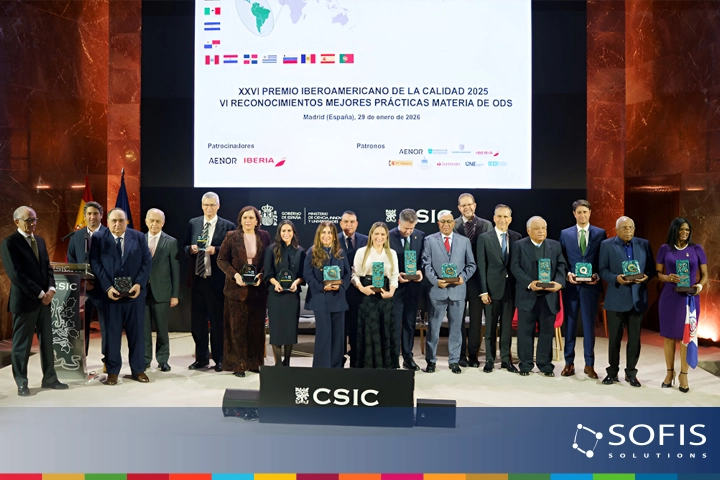
Madrid, January 29, 2026 – Sofis Solutions was honored with the Silver Award at the 2025 Ibero-American Quality Award, the highest recognition for exc......
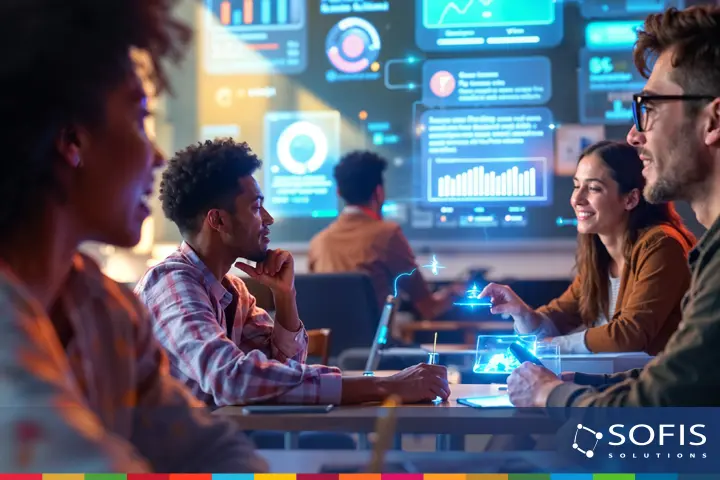
In this interview we talked with the Software Engineering Group of Sofis Solutions, a team that has been actively working on the evolution of its deve...

On November 20th, the pilot edition of Creative Bureaucracy UY 2025 took place at the Sala Verdi, the local precursor to the Creative Bureaucracy Fest...












 Digital Signature
Digital Signature BionA Suite
BionA Suite Biona SIgn
Biona SIgn